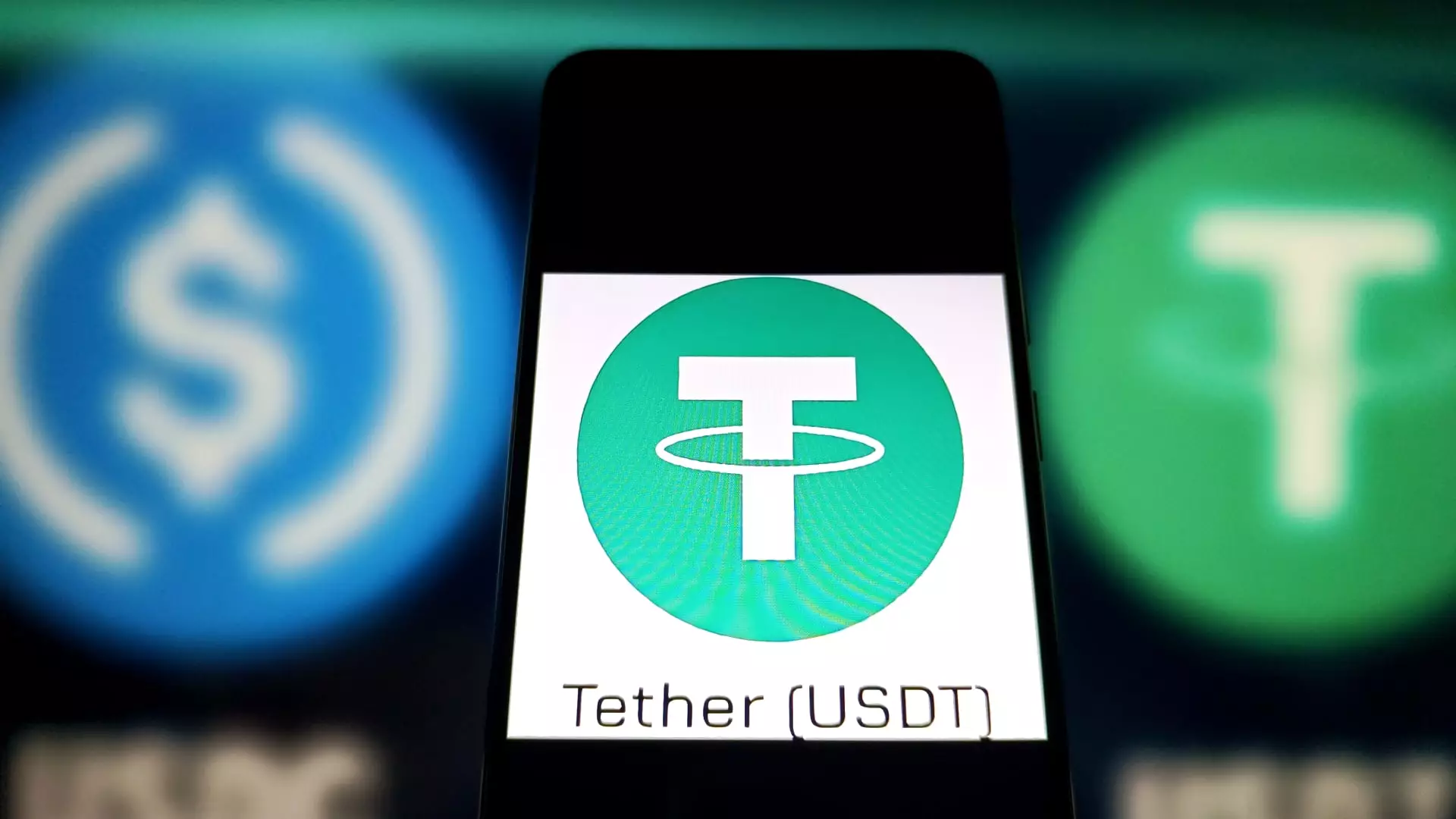As the world hurtles toward greater integration of digital assets into our financial systems, the recent passage of a stablecoin bill in Hong Kong marks a pivotal shift toward a more structured approach to cryptocurrency within the region. Unlike the notoriously volatile digital currencies, stablecoins are backed by tangible assets, mitigating the risks associated with their erratic counterparts like Bitcoin. This legislation requires stablecoin issuers to secure licensing from the Hong Kong Monetary Authority (HKMA), adhering to stringent guidelines for asset reserves and client asset segregation. Importantly, this move is not just bureaucratic paperwork; it is a necessary framework that fosters trust and stability in a space traditionally viewed with skepticism.
A Framework for Financial Innovation
The central banking authority in Hong Kong has emphasized that this new law doesn’t seek merely to regulate but to enrich financial innovation while ensuring stability. This is a strikingly positive development, facilitating a regulatory environment that encourages future advancements in the digital finance domain. By outlining explicit guidelines for stablecoin operations, Hong Kong sets itself apart from jurisdictions that have either been slow to react or have enacted heavy-handed restrictions. Rather than stifling creativity in the blockchain space, this regulatory framework is expected to catalyze innovation, positioning Hong Kong as a hub of digital finance in Asia, if not globally.
Global Benchmarking Against Uncertainty
YeFeng Gong, a prominent risk and strategy director at HashKey OTC, underscored the significance of Hong Kong’s new stablecoin policy, asserting it sets a global benchmark with its mandates for full reserve backing and stringent redemption guarantees. This skepticism of the cryptocurrency market is reflected in the policies of many nations, even more so as recent events highlight the regulatory chaos and uncertainty precipitated by prior unregulated practices. Therefore, it is commendable that Hong Kong is taking a proactive approach, as this encourages institutional participants to engage with digital assets confidently, knowing that regulatory oversight offers them a safety net.
Contextualizing a Broader Move in Regulation
The global momentum towards stablecoin regulation is undeniable, with other regions, including parts of the U.S. and Europe, also grappling with how to approach this new financial instrument. The U.S. Senate’s advancement of the GENIUS Act hints at a more comprehensive approach to regulation, underscoring how critical stablecoins are to the broader cryptocurrency ecosystem. This trend is timely; as highlighted by Chengyi Ong from Chainalysis, stablecoins serve as the backbone of crypto, with their use in enhancing financial transactions making them hard to ignore. Stablecoins can revolutionize aspects such as cross-border payments and settlement processes, making them not only attractive but essential for institutions seeking efficiency.
A Call for Thoughtful Regulation Instead of Inertia
It is all too easy for a government to take a backseat approach, allowing chaos in the speculative digital currency market to unfold. However, Hong Kong’s initiative to implement a stablecoin bill reflects a commitment to balanced regulation that promotes stability without stifling market growth. Many governments haven’t learned this lesson and remain passive as they observe how their inaction leads to a landscape fraught with uncertainty and potential for exploitation. The shift in Hong Kong shows a burgeoning awareness among policymakers that proactive regulatory measures can enhance legitimacy and allow for better integration of digital assets within existing economic structures.
In an era where rapid technological advancement shakes the foundations of traditional financial systems, the legislative steps taken by Hong Kong present a forward-thinking model. Other nations ought to take note and consider implementable versions of similar policies to avoid the pitfalls of inaction. The potential for financial transformation via thoughtfully crafted regulations is immense, and Hong Kong has taken the lead in this imperative journey.

